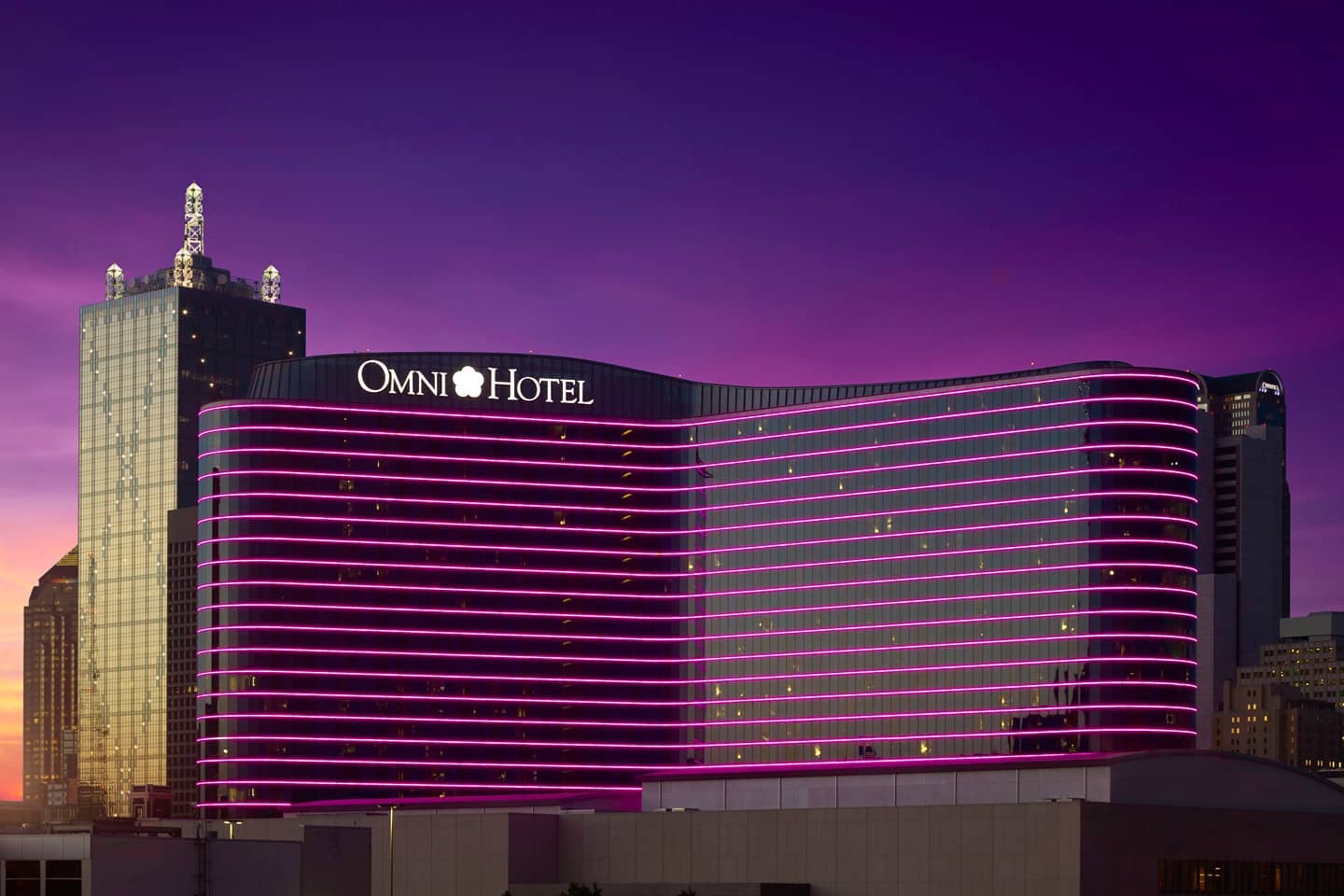Omni Hotels & Resorts is partnering with Shared Hope International to educate and train the hospitality industry, its vendors and partners about how to stop child sex trafficking. Omni will also host the annual JuST Conference this November in Washington, D.C.
The JuST (Juvenile Sex Trafficking) Conference will feature “presentations and workshops [that] focus on skill-building, survivor experiences, cross-discipline collaboration, task force development, case studies and lessons learned,” the hospitality company stated in a press release.
See also: You Can Help Stop Human Trafficking
Peter Strebel, Omni’s CEO, underlined the responsibility of the industry to act. “Understanding that sex trafficking is very prevalent within the hospitality industry, we know we have to do our part in helping to educate our associates, who in turn, have the power to prevent these horrific acts,” he said.
Human Sex Trafficking Can Happen Anywhere
Law enforcement authorities say it isn’t just hotels and lodging that are at risk for facilitating these terrible crimes. Sporting events, theme parks, cruise ships, and any other hospitality or event venue may unwittingly be host to these illegal activities. That’s why it’s important for planners, event teams and vendors who frequently host at such sites to also be aware of the warning signs.
A concurrent issue is misunderstanding the process of sex trafficking—assuming that victims who are not physically detained must not be at risk. Why couldn’t they “just escape”? And isn’t a venue safe because it is public? Shared Hope International offers a sobering but illuminating introduction to sex trafficking on its website, along with resources ranging from laws by state (and a grading system of how those laws help prosecute traffickers) to resources for individuals and corporations.
The Department of Homeland Security offers a free hospitality toolkit that includes posters warning of red flags to look out for by specific departments. While authorities say all staff should be trained on what constitutes suspicious activity anywhere, front desk staff should be on alert if a guest pays for multiple nights in cash, while housekeeping may notice red flags like multiple computers and cell phones or signs of victims being detained.
It’s important that staff feel empowered to communicate suspicions, as one suspicious behavior may or may not be innocuous, yet several likely points to a situation to contact authorities about.
AHLA (American Hotels and Lodging Association) also offers a free 30-minute online human trafficking training program for hotels on its website, presented in 17 languages. The training was produced by Marriott International with ECPAT-USA, supported by AHLA Foundation.
Why the Hospitality Industry Should Take the Lead
In 2019, California passed a law requiring hotel and motel employers to train staff on human trafficking awareness (and to retrain every two years). The training must include guidance on what trafficking is, where it occurs, and how to spot and safely respond to potential trafficking occurrences. However, not all states have similar laws, and enforcement is dependent on frequent audits and is subject to governmental efficiency. Experts urge the hospitality industry to take action regardless of state or national mandates addressing the issue.
The need to enact these policies is even greater as a result of ever-growing automation of the hotel experience. The unintended consequence of no-contact tech meant to streamline processes, honor guest privacy and boost sanitation measures is that it can provide cover to traffickers and buyers, as well as put guests at risk. For example, bypassing the front desk means staff has less opportunity to notice situations that don’t seem right—such as a guest paying for multiple rooms at the same time, or loitering minors who avoid eye contact, appear disheveled or aren’t listed among the room’s occupants.
Balancing Privacy and Safety
Hotels will need to take measures to provide the privacy guests expect without simultaneously making it easy for individuals to hide illicit activities. An example of policies to review is the “do not disturb” sign. Disney and Hilton Hotels altered their policy around uses of the signs in some hotels in 2017 and 2018; in Disney’s case they were replaced with “room occupied” signs that still gives housekeepers the right to enter guest rooms after knocking and announcing themselves. At Hilton properties a card is slipped under the door when rooms refuse housekeeping that reminds guests of the hotel’s right to check the room every 24 hours for safety reasons. Wynn Resorts’ policy is to investigate after 12 hours; other hotels may not check on a room until up to 72 hours.
What You Can Do
As an event planner, get training on human trafficking awareness and prevention for your team. Ask hotels and event venues you partner with if their staff has received training, too. Shared Hope International and JuST Conference both list free webinars, in-person training and multiple corporate resources on their sites.
An additional practical step you can take right away: Use the TraffickCam app, created by the Exchange Initiative. This allows any individual to upload pictures of the hotel rooms they stay in, which may help authorities identify videos and photos where traffickers are operating.
The JuST Conference initiative calls the industry to action, declaring “…each person has a role to play in preventing and ending commercial sexual exploitation, and […] a collaborative community response is critical.”




